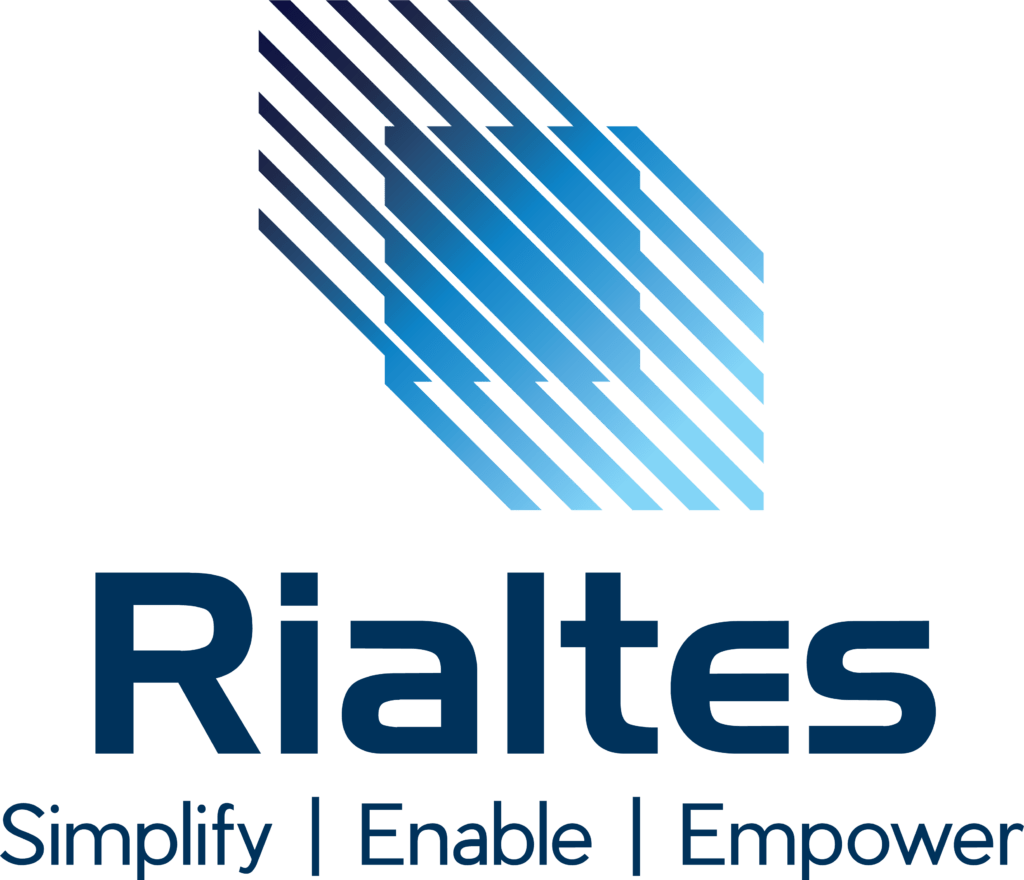Digital transformation has been a recurring phenomenon in the industry and all industries are following the path of digital transformation. The process elevates the processing for the industry and makes it easy, convenient, and digitally accessible for better operation and manufacturing processes. On the path of digital transformation manufacturing ERP (enterprise resource planning) software is playing a significant role.
The manufacturing industry has always been the driving force toward industrial and societal transformations and has pushed technological advancements ahead to ensure constant development. For any industrial revolution, the manufacturing industry has always been the first to experience such advancements. Industry 4.0 began in the manufacturing industry, transforming the manufacturing process by automating it and making it convenient to access.
The industry is currently dealing with concerns about inflation and the state of the economy. Additionally, talent issues are still a problem for manufacturers and could slow the industry’s expansion. Furthermore, supply chain problems including sourcing bottlenecks, backlogs in global logistics, cost constraints, and cyberattacks are the major challenges for the industry in current scenarios.
What’s in the manufacturing industry?
For any sector of the manufacturing industry manufacturing ERP software are a necessity to streamline, and production, track the supply chain and take care of compliance. All industries are looking to adapt to innovative technologies to upgrade their working process for this most industries are turning towards web-based manufacturing software to enhance the manufacturing sector.
The primary signifier is “modern development.” However, an effective solution would be needed for manufacturing sectors that are expanding quickly. An excellent ERP for manufacturers can be useful in addition to managing the complete workflow and making it simpler. Manufacturing industries undoubtedly hold a significant position. It can be beneficial to integrate web-based manufacturing software for a better experience.
However, as the industry varies the requirements also vary but with the implementation of digital transformation, it has become convenient for the manufacturing industries to keep a track of development, progress, challenges, and requirements all at once.
Challenges of the manufacturing industry
With different segments, each industry suffers different challenges and after the pandemic, most industries are facing some adversities. Some of the shared challenges that the manufacturing industry has been facing are:
a. Gap between modern technology and old process
With the recent advancements, industrial technology has changed and updated itself, but when it comes to the old processes, they have not been changed or updated yet. Modern technology at times does not function efficiently with the old processes in place, and this hinders the growth of the sector.
b. Keeping up with the current trends
In the fast-moving world, trends are changing every day and it becomes difficult for the manufacturing sector to keep up with these changing trends. The manufacturing industry is unable to implement all the recent technological advancements for following a modern manufacturing process.
c. Complying with the regulations
For every industry, there are a set of regulations that need to be complied with, and this compliance becomes complex as the industry standards and regulations change with changing technology. This hinders the manufacturing process, as it unsettles the SAP being followed by the industry.
Trends in the manufacturing industry
As of now, the manufacturing industry is undergoing a major shift, digital transformation is making the entire process of manufacturing evolve and perform better. In the manufacturing industry, a few major technological changes are trending, some of the trends are:
a. Advanced automation
Automation is the key to any revolution and trend and plays a significant role in modern-day technological advancements. Advanced automation reduces human interference in any process, reducing the chances of human error, and the occurrence of any hazard, and saves time. with the implementation of innovative technology and ERP software for manufacturers, automation is anticipated to accelerate the transformation process.
b. Industry 5.0
The industries so far have witnessed and experienced Industry 4.0 where human involvement was introduced and the introduction of IIoT (Industrial Internet of Things) was introduced to incorporate web-based manufacturing software. This focuses on the collaboration of human-machine for enhancing any manufacturing process.
c. Artificial intelligence (AI)
Implementing AI gives the extra edge to the manufacturers by managing the operational tasks, inventory management, and data extraction. For any repeated process in manufacturing, AI is the best manufacturing ERP trend to be followed.
d. Supply chain reassessment
The supply chain highly depends on the ERP of the industry, and due to the pandemic scenario, it requires a reassessment, and implementation of an ERP for manufacturers is the best strategy to enhance the supply chain for any manufacturing industry.
e. IoT
The Internet of Things (IoT) is undoubtedly the top trend in any industry at this date. The implementation of IoT, automates the working process and collects the data from connected devices, and allows for a better performance evaluation based on the working data of the devices.
f. Smart manufacturing
Smart manufacturing to be put in simple and direct words is making the manufacturing process smart, by implementing various technologies in the manufacturing process. It consists of automation, strategic planning, data collection, and implementation of ERP software for manufacturers.
g. Predictive maintenance
By leveraging the process of predictive maintenance, the manufacturing process can be accelerated with the implementation of AI, which can alert in advance for the maintenance of any of the devices. It helps in strategic planning for ERP for manufacturers and does not cost much time and contributes to the loss.
h. Digital twins
Digital twins allow the creation of a digital replica of any device on the floor for visualizing and stimulating the working process of the device under certain conditions. It helps to plan ahead of time for the layout and structure of the processing line. It further allows conducting of simulations and evaluation of the process which can turn out to be one of the best manufacturing ERPs.
i. Data mining
Manufacturing ERP software contains a huge amount of data that needs to be processed, analyzed, and evaluated for interpretation. Data mining helps in collecting, processing, evaluating, and interpreting data collected with the implementation of IoT.
j. Robotics
Although the thought of robotics in the manufacturing industry is not new, since the pandemic restrictions, human involvement has been limited, and the use of robotics has increased, from the point of productivity, efficiency, and even safety of employees.
What did the industry gain from these trends?
As digital transformation has already evolved certain processes of the manufacturing industry, others are still under the process of transformation. For a manufacturing industry to accelerate production and efficiency, they are required to update their processes and adopt the trending technological advancements in the industry.
Apart from the trends one major aspect of any manufacturing industry is opting for manufacturing ERP software, this will help the manufacturing industry to align with their business requirements and plan for a better outcome in terms of productivity.





